Can't Europe Build "Good Batteries" for a Long Time "?
Europe has been trying to build its own power Battery industrial chain, and catch up with Chinese, Japanese and Korean enterprises in terms of production capacity, but the progress is not smooth.
Swedish battery manufacturer announced recently Northvolt that the company would reduce costs and reduce costs, plan to lay off employees, streamline business, and close, sell or merge some factories in the future. Just three months ago, BMW in Germany just canceled the 2 billion euro (about 15.8 billion yuan) battery order with Northvolt. It is reported that Volkswagen also plans to further reduce the capacity of battery factories in Europe and North America.
As for "why it is difficult for Europe to mass produce good batteries", Zeng Yuqun, Chairman and CEO of Ningde era, recently said in an interview with Nikolai Tangen, CEO of Norwegian Bank Investment Management fund, european battery manufacturers encounter difficulties in expanding production scale, mainly due to the lack of design, process and equipment.
"If European battery companies do not understand electrochemical and related side effects, there will be problems in product design, and the potential risks in the future cannot be covered in the design stage." Zeng Yuqun pointed out that if European battery manufacturers try to expand their production capacity, they will face problems such as capacity utilization (low) and product reliability (insufficient), and will encounter product safety risks two or three years later.
01
regional dilemma of battery capacity
european car companies had high hopes for the local "Ningde era" Northvolt. According to Northvolt, the company has obtained more than US $55 billion (about RMB 4) from car companies such as BMW, Volkswagen, Fluence, Scania, Volvo, etc.0 billion yuan) order. However, the current Northvolt faces the dilemma of having orders but lacking production capacity.
In Northvolt, the first battery factory was located in shevteo, Sweden. Since it started in 2021, it has not been fully put into operation for more than three years. The factory has designed an annual production capacity of 16GWh, but the current output is less than 1GWh. Northvolt claimed that it would speed up the construction of the shereft factory, focusing only on battery production, but would stop the production of cathode materials in the factory to reduce operating costs.
In addition, according to foreign media reports, Northvolt will delay the production time of its Canadian battery factory. The company is located in the battery factory in Montreal, southwest of Quebec province, with a total investment of 5.2 billion US dollars (about 36 billion yuan) and a designed annual production capacity of 60GWh. The first phase of the project was originally scheduled to be put into operation in 2026, however, it is possible to delay production for up to 18 months until 2028.
The battery supply contract was not implemented on time because the project of the battery factory was seriously slower than expected. On June this year, some media reported that BMW had canceled the order of 2 billion euros (about 15.8 billion yuan) with Northvolt. The agreement signed between BMW and Northvolt in 2020 stipulates that BMW will purchase the fifth generation batteries produced in Northvolt, and these batteries will be delivered to BMW in 2024.
It is reported that BMW has transferred this order to Samsung SDI South Korea. It is worth noting that in last October, it was reported that about 160GWh battery orders invited by BMW at the beginning of 2023 were finally obtained by three Chinese battery enterprises, Ningde era, billion Weili energy and honeycomb energy. In addition, the financial situation of Northvolt is even worse. According to the financial report, the net loss in Northvolt reached 1.168 billion US dollars (about 8.2 billion yuan).
Volkswagen, the most aggressive battery capacity in Europe, also plans to reduce battery capacity. The head of Volkswagen's battery department said that Volkswagen's goal of achieving a battery capacity of 200GWh by 2030is not static, which will depend on the development of the electric vehicle market. Previously, Volkswagen had built three battery factories in Europe and had planned to build in Poland or Eastern Europe.Czech has built the fourth battery factory with an annual capacity of 40GWh. However, since last year, Volkswagen has claimed that it will suspend its plan to build a battery factory in eastern Europe.
02
promising capacity target
europe has been ambitious in the construction of battery capacity. Bloomberg New Energy Finance predicts that Europe may control 11% of the global battery manufacturing capacity by 2025. According to the estimation of the European Commission, the size of the European battery market may reach 250 billion euros (about 1930 billion yuan) in 2025, of which European battery factories or suppliers can divide at least 100 billion euros (about 775 billion yuan).
"By 2030, at least 16 battery Super factories will be put into operation in Europe, and the actual annual output is expected to reach 446GWh." BMI, a research institution, once optimistically predicted that the head of the European Union, Torre signes, even said that by 2030, Europe's power battery capacity would be second only to China, ranking second in the world. In addition, the Council of the European Union proposed through the net zero Industry Act that at least 40% of net zero technology products such as batteries should be manufactured in the EU by 2030.
However, as Northvolt fell into the hell of production capacity and lost big orders, news such as Volkswagen's reduction of production capacity broke out one after another, and the "plump ideal" of European batteries entered the reality of "bone feeling. As a technology-intensive and capital-intensive industry, battery manufacturing requires a large number of professionals. Zeng Yuqun pointed out that the number of students willing to study electrochemical major in China is larger, and a large number of relevant talents have been trained. Students from European and American countries prefer to study finance, semiconductor and other majors. Obviously, this is difficult to make up for in a short period of time.
In addition to technical problems, Europe is also constrained by the shortage of key materials. European local enterprises lack control over the exploitation and extraction of key raw materials such as lithium, cobalt and graphite. For example, statistics show that in 2023, the global output of lithium battery cathode materials was 176.210000 tons, of which China's output of negative materials has further increased to 97.3. In terms of shipments, the global shipments of battery cathode materials are 1.6795 million tons, of which China accounts for 95%.
It is understood that the largest lithium mine in Europe is the Yadar Valley project in Serbia. If the project is fully put into operation, it is expected to produce 58000 tons of lithium carbonate per year, and the manufactured batteries can meet the demand of 1.1 million cars. However, the lithium mine was stopped in 2022 due to large-scale protests by environmentalists.
Worse, many battery manufacturers are shifting from Europe to North America because the subsidy policy is not as strong as that of the United States. The head of Australian battery material manufacturer novonix pointed out that the inflation Reduction Act of the United States gave huge subsidies and incentives to the new energy industry, resulting in the loss of new projects producing battery raw materials in Europe, the process of building an independent new energy vehicle battery supply chain is seriously hindered.
It is worth noting that the development momentum of European electric vehicles is weakening. EU data show that in the first half of 2024, the sales volume of European electric vehicles only increased by 1.3%, far lower than the global average growth rate of 20%. According to data from the European Association of Automobile Manufacturers, the sales volume of pure electric vehicles in the European Union fell by 43.9 percent year-on-year in August this year; Among them, Germany, the largest electric vehicle market in the European Union, fell by 68.8 percent. European local battery manufacturers are facing a more "years of unlucky" situation ".
 Dongguan Juneng New Energy Technology Co., Ltd.
Dongguan Juneng New Energy Technology Co., Ltd.
 137 5142 6524(Miss Gao)
137 5142 6524(Miss Gao)
 susiegao@power-ing.com
susiegao@power-ing.com
 Xinghuiyuan High tech Industrial Park, Dalang Town, Dongguan City, Guangdong Province
Xinghuiyuan High tech Industrial Park, Dalang Town, Dongguan City, Guangdong Province


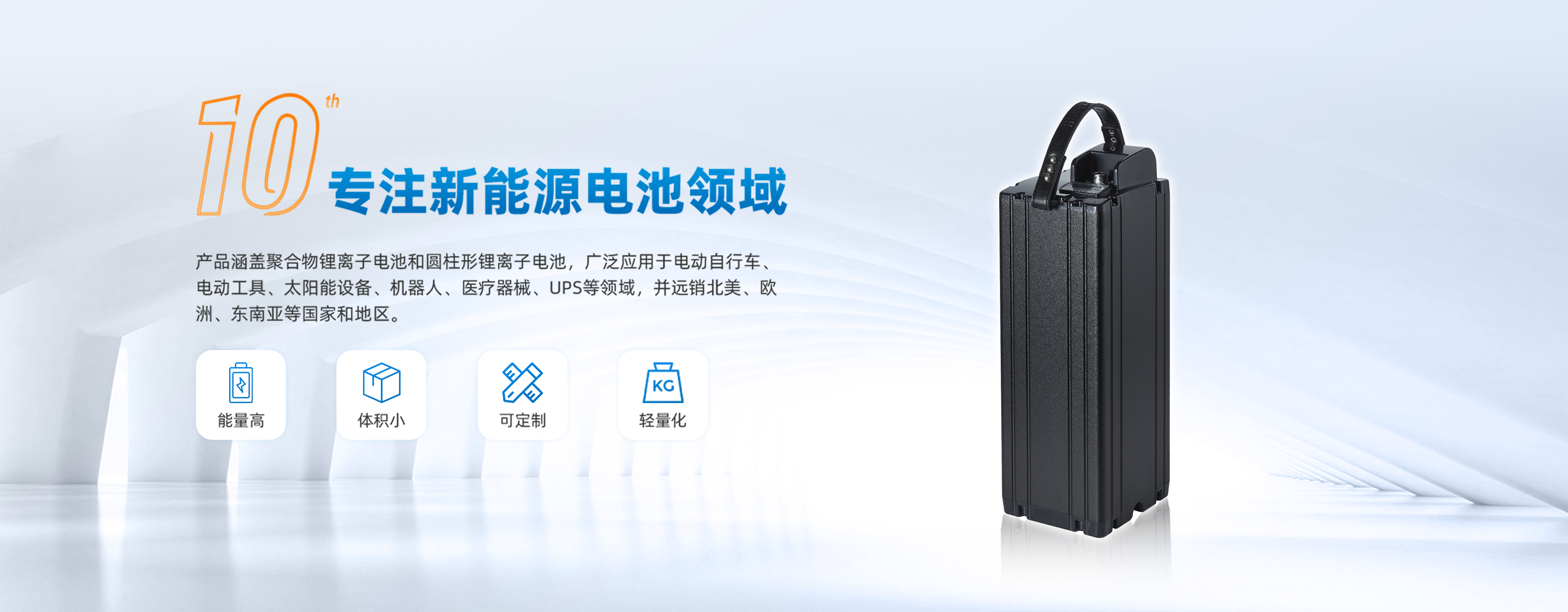
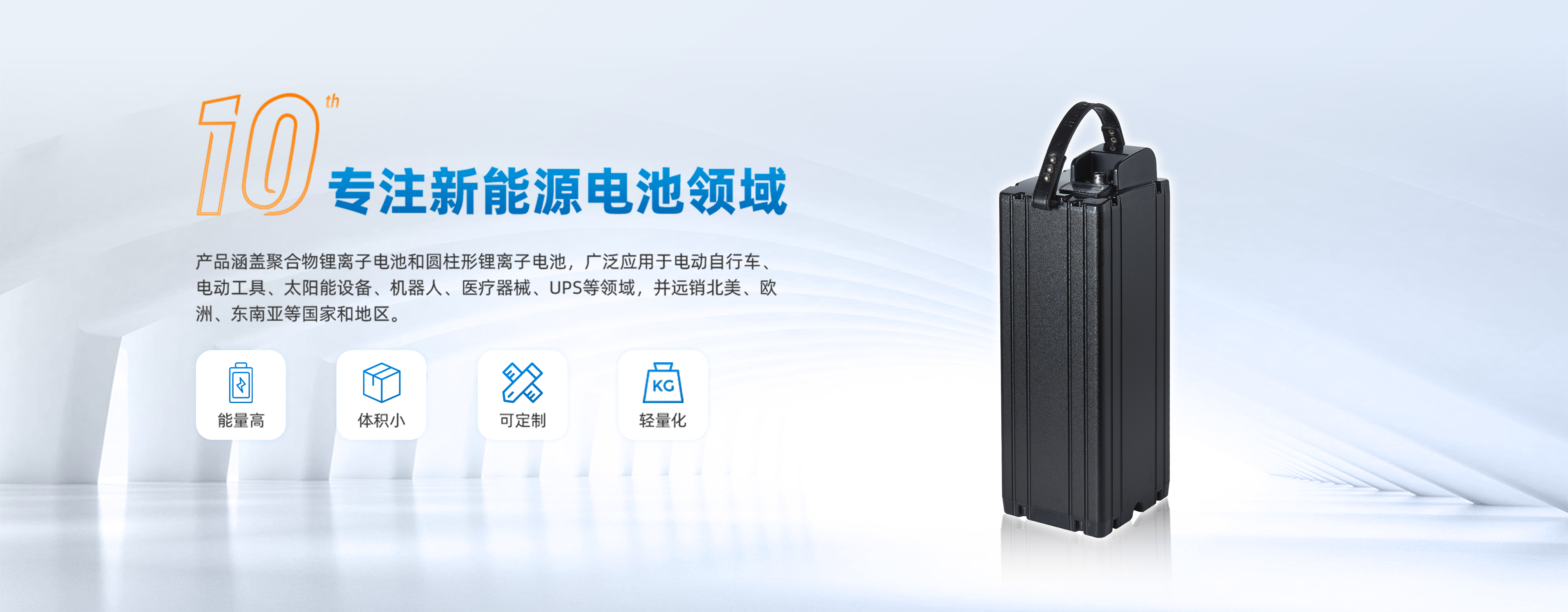
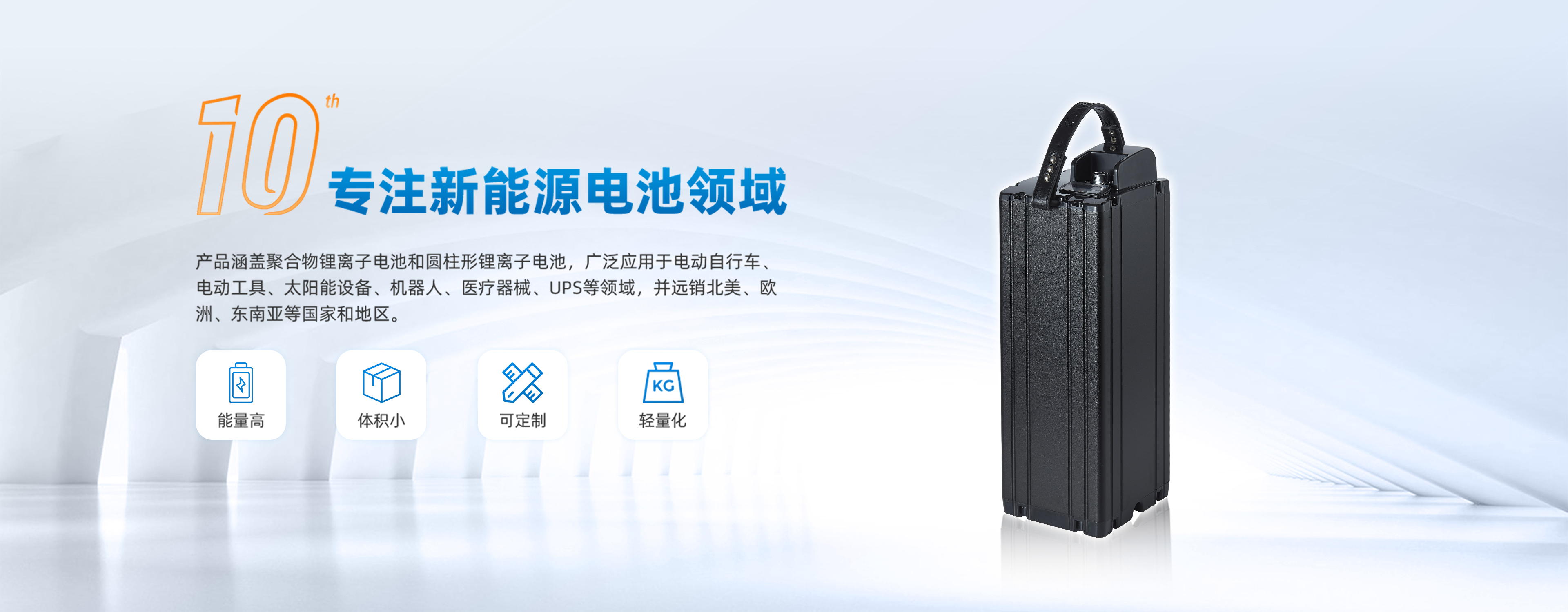



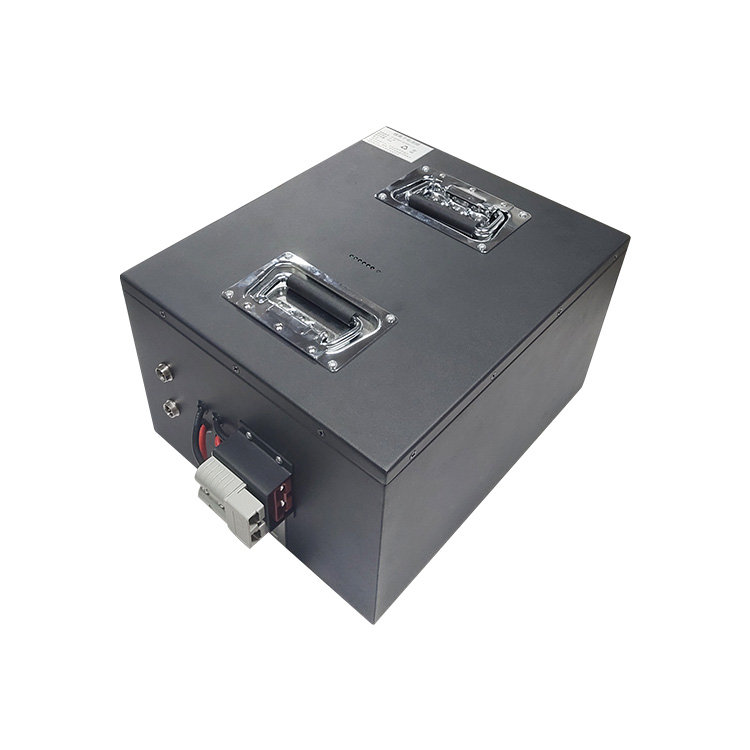


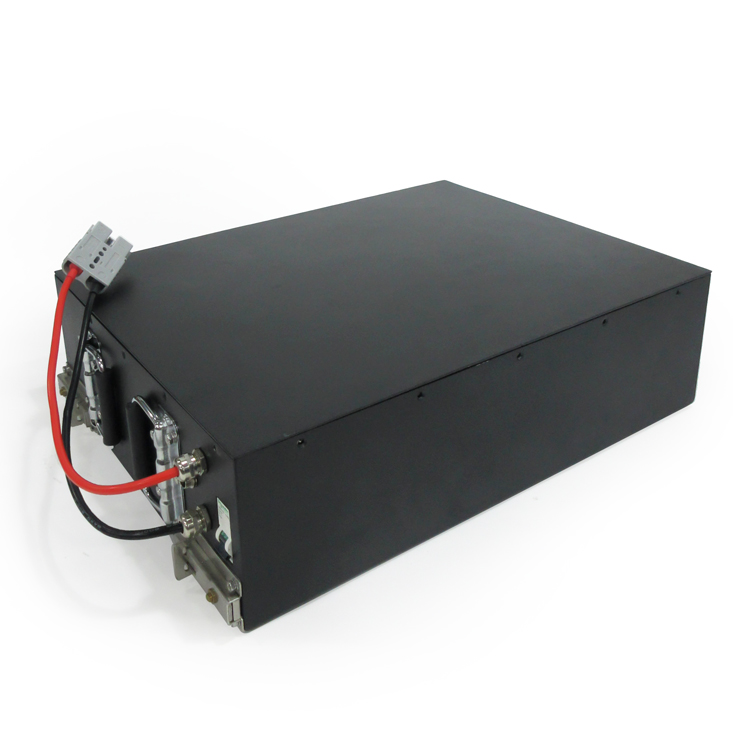

 Yue Gong Wang An Bei No. 4419002007491
Yue Gong Wang An Bei No. 4419002007491